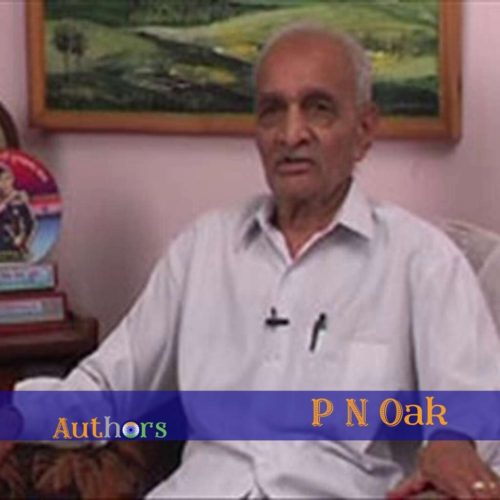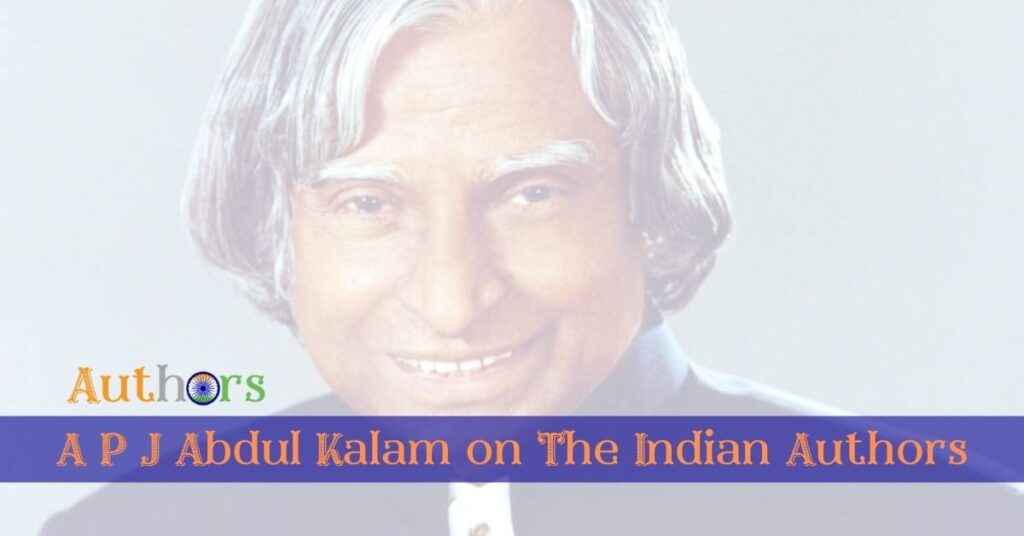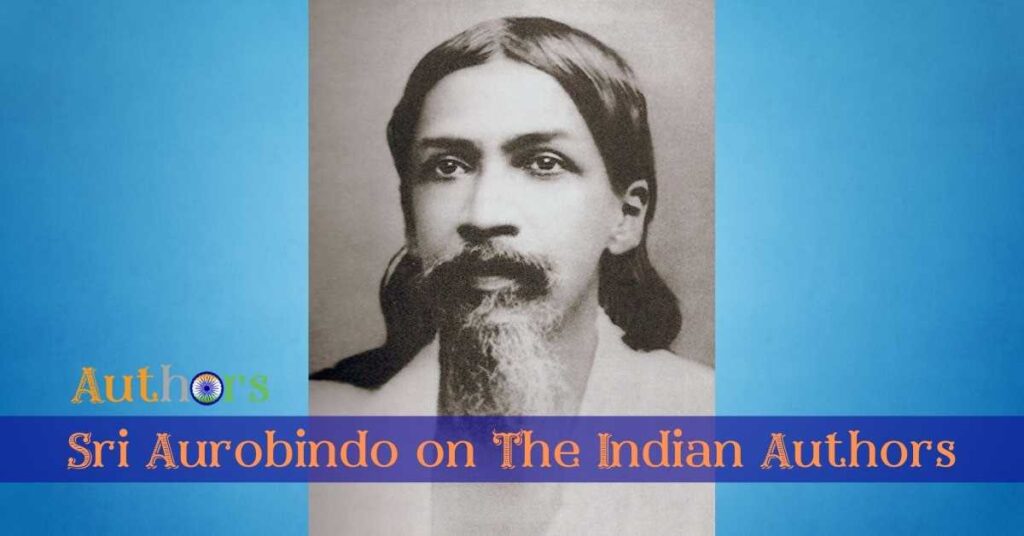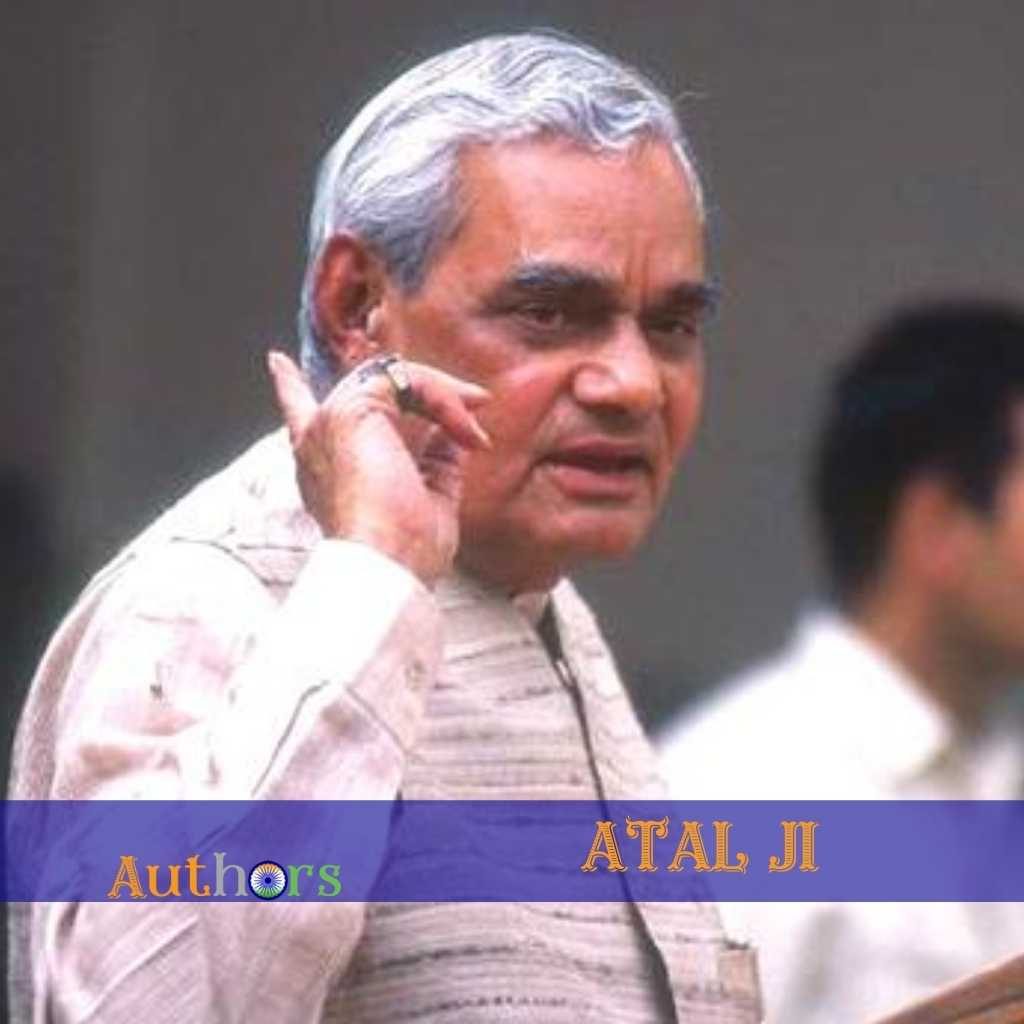P. N. Oak, whose full name was Purushottam Nagesh Oak, was an Indian historian and a prolific writer who central idea was to establish the facts of history he claimed to have been misrepresented or misinterpreted. P. N. Oak’s books have been admired by the historians and also refuted the historians other than Indians who think themselves to be the gospels of the history, world and country specific. Oak’s central assumptions, such as the falsehood of Aryan Theory, have been countersigned by various historical research held at different universities. However, people of a certain ideology or a specific school of historical thought would never admit that their views are being challenged and that’s why the popularity of P. N. Oak was always suppressed and literature produced by him was subsequently suppressed.
Born in 1917 in Indore, P. N. Oak attained an MA degree and then pursued LLB and also worked as a government employee. He also worked in the army before finally resigning himself into the work of journalism and pursuing his history revisits.
P. N. Oak is known among the historians as a person who was peculiar and he always wanted to establish, with facts, the links to the historical instances to the ancient Hindu origin. According to Oak, Christianity and Islam have Vedic origins and they only propagated out of Vedas and ancient Hindu rituals. He also claimed that Vatican and Kaba were originally Hindu temples and even The Westminster Abbey was one in the past. Though he has been criticised for his theories, his claims were substantiated at times. The Taj Mahal theory is the most popular one by him in which he claims that Taj Mahal was actually a Shiva Temple, Tejo Mahalya.
Major works by P. N. Oak are following:
Taj Mahal: The True Story — 1989
World Vedic Heritage: A History of Histories – 2003
Bharat Mein Muslim Sultan
Who Says Akbar was Great
Some Blunders Of Indian Historical Research
Learning Vedic Astrology
P. N. Oak died in 2007 at Pune. His works have great respect among the Hindu-centric historians and also the historians who are interested in reading and understanding various perspectives. He was one of the key figures who challenged the hegemony of the Western historians with his theories and research.





1 Comment. Leave new
Though, he has done various research to find out the reality of vedic facts. But, still he is not counted as a historian because his writings has bitter truth. I admire his work specially the way he explored the theory of taj mahal. His theories has scientific approach. Rather criticising him historians should come ahead and lead a new research that can find out some interesting conclusion. And this one is really an informative article.